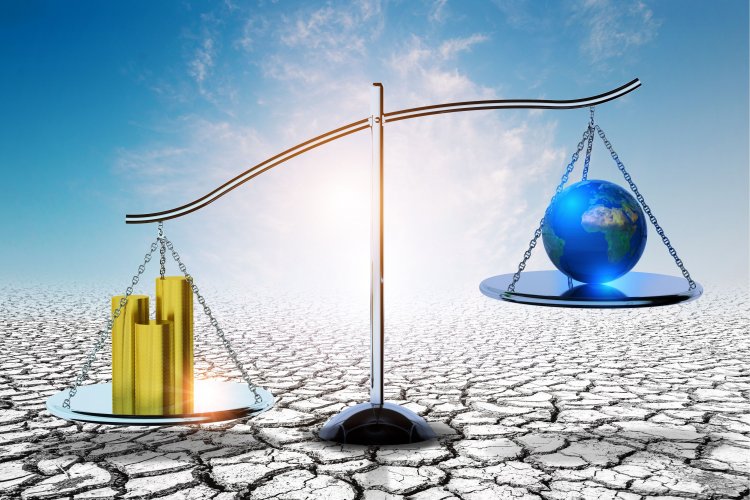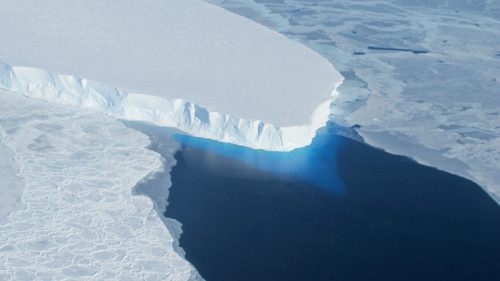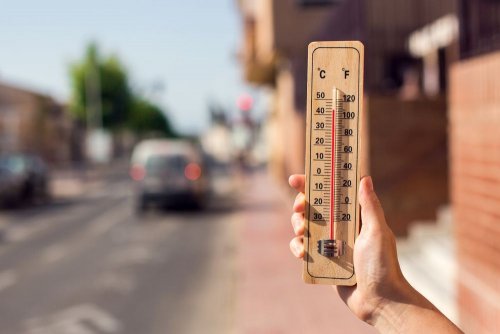The European Union has prepared a draft EU position for the COP29 climate summit, in which it insists: rich countries with developing economies should pay contributions to the climate action fund.
It is reported by Politico with reference to the document, which has.
The funding will be the central theme of this year's United Nations climate conference, known as COP29, which will be held in November. This is because developing countries are demanding significant increases in funding to help them reduce emissions and prepare for the effects of global warming.
Currently, the annual amount of this funding is $100 billion and is provided by countries that were considered industrialized at the time of the development of the UN climate agreement in 1992. This agreement was concluded until 2025 and at the COP29 it should be replaced by a new one.
The EU is currently the largest donor of climate aid and intends to continue providing funding. But the bloc wants countries that have become richer over the past three decades to also contribute.
In a draft EU position dated July 26, the European Union calls for expanding the "donor base" of the trust fund, taking into account the "evolution of relevant opportunities" that has taken place since the 1990s.
"This expansion of contributions provides an opportunity to increase funding to support the most vulnerable countries and communities and reflects strong global solidarity with them. In this context, the [EU] CALLS on all countries, according to their financial capabilities, including countries with economies in transition, to contribute to the achievement of the new goal," the draft document says.
The statement does not name a specific country, but European diplomats and officials are trying to push Beijing, in particular, to finance. In these more than 30 years, China has not only become the second largest economy in the world, but also the largest source of greenhouse gas emissions that lead to the warming of the planet.
The draft position also suggests that the EU may insist on limiting the list of possible climate aid recipient countries. The bloc could direct more funds to countries that are particularly vulnerable to global warming, rather than allowing all countries classified as developing countries to have access to the same level of funding.
It will be recalled that last year China refused to donate to the fund to support affected communities, even though the UAE contributed – the first country outside the traditional group of donors to allocate funds for the fight against climate change through the official UN fund. This fund raised about $655 million.
The standoff in November raises the financial stakes many times over: some developing countries have set $1 trillion a year as a starting point for negotiations.
It is worth noting that Europeans consider not only China as a powerful donor of climate aid. Rich Gulf states with their own huge legacy of climate damage from selling their fossil fuel reserves, such as Qatar, the UAE and Saudi Arabia, are also likely to be forced out. Singapore is also likely to come under pressure.
In June EcoPolitic talked about the fact that at the Bonn Conference, the results of which were supposed to be the basis for decision-making at COP29, negotiations on climate finance came in into a dead end.





